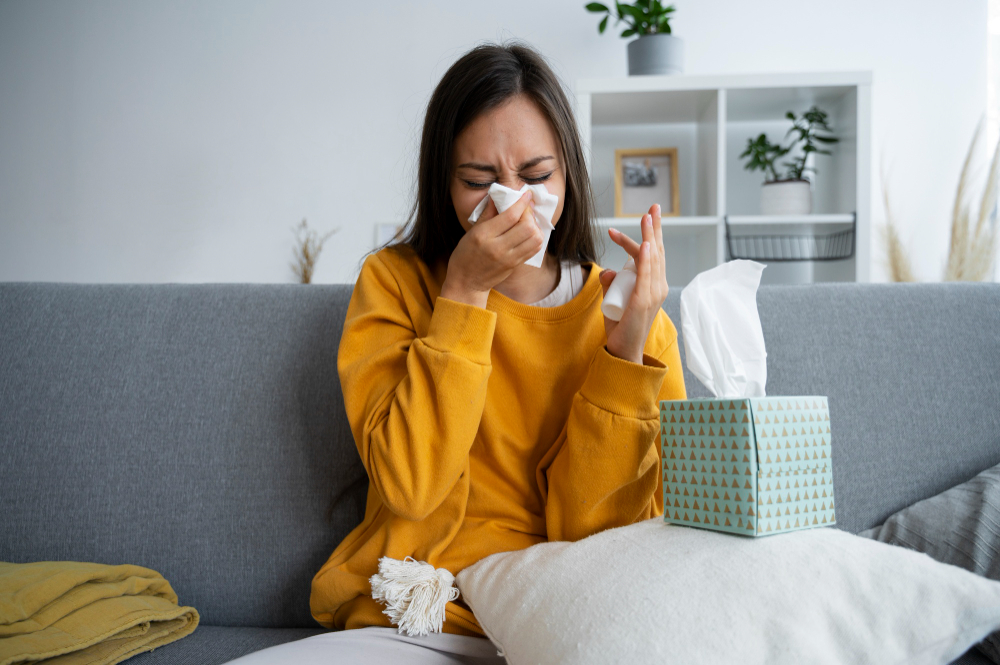Ways Your HVAC Unit Can Alleviate Allergies

Allergies can be a nuisance for anyone who suffers from them. They disrupt your daily routine, make you feel miserable, and affect your health in many ways. If you're someone who suffers from allergies seasonally or all year round, consider investing in a good HVAC system that can help alleviate your allergy symptoms. HVAC systems can do more than just cool or heat your home- they can also filter out allergens that trigger symptoms such as sneezing, coughing, and sinus problems. In this blog post, we'll discuss ways your HVAC unit can alleviate allergies and improve your overall indoor air quality.
1. Invest in high-quality air filters
One of the most effective ways to alleviate allergies with your HVAC system is to invest in high-quality air filters. Standard air filters typically only capture large particles such as dust and pet dander. However, high-efficiency air filters can capture smaller particles such as pollen, mold spores, and other allergens that trigger seasonal allergies. Filters with MERV ratings between 8 to 13 are ideal for capturing particles such as pollen and mold spores.
2. Schedule regular maintenance
Your HVAC system needs regular maintenance to operate efficiently and effectively. Schedule annual maintenance checks with a professional HVAC technician to ensure that your system is running smoothly and that the air ducts and filters are clean. If your system is not well-maintained, it could circulate mold, dust, and other allergens in the air, which can exacerbate allergy symptoms.
3. Consider upgrading your HVAC system
If you have an old HVAC system, consider upgrading to a new one that has better air filtration capabilities. Newer systems are designed to operate more efficiently and have advanced air filtration systems that can improve indoor air quality and alleviate allergy symptoms.
4. Use a dehumidifier
High humidity levels can promote the growth of mold and mildew, which can trigger allergy symptoms. Installing a whole-house dehumidifier can help regulate humidity levels and prevent the growth of mold and mildew. This can significantly alleviate allergies and improve air quality in your home.
5. Be mindful of outdoor allergens
While your HVAC system can effectively filter indoor air, outdoor allergens can still enter your home through doors, windows, and other openings. This is especially true during allergy season. Keep your windows and doors closed during peak allergy season and use an air purifier to filter out any allergens that have entered your home.
Conclusion
In conclusion, a good HVAC system can significantly alleviate allergies and improve your overall indoor air quality. By investing in high-quality air filters, scheduling regular maintenance, and using a dehumidifier, you can effectively filter out allergens that trigger allergy symptoms. Upgrading to a new HVAC system also has significant benefits for allergy sufferers. Remember to be mindful of outdoor allergens and use an air purifier to filter out any allergens that enter your home. If you're looking for AC supplies in Florida, contact Discount Air Supply today for more information on how to improve your indoor air quality and alleviate allergies.